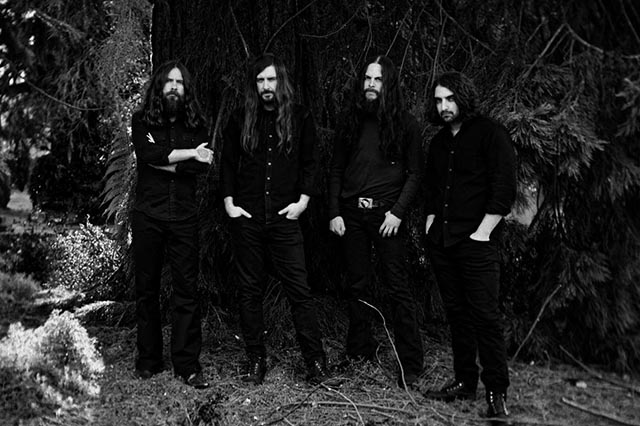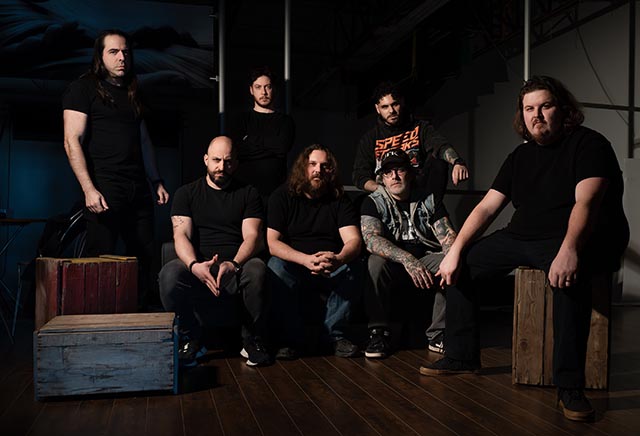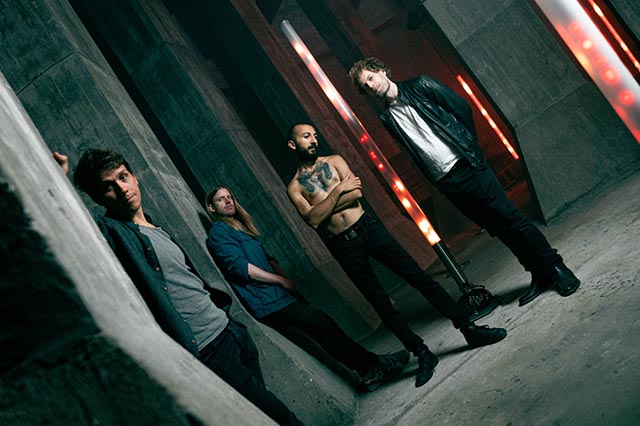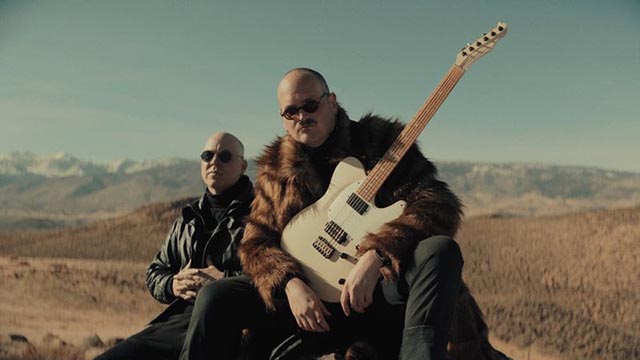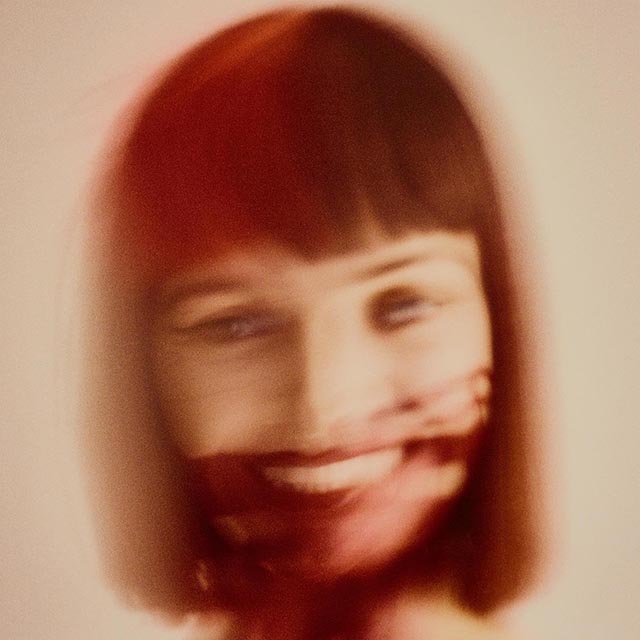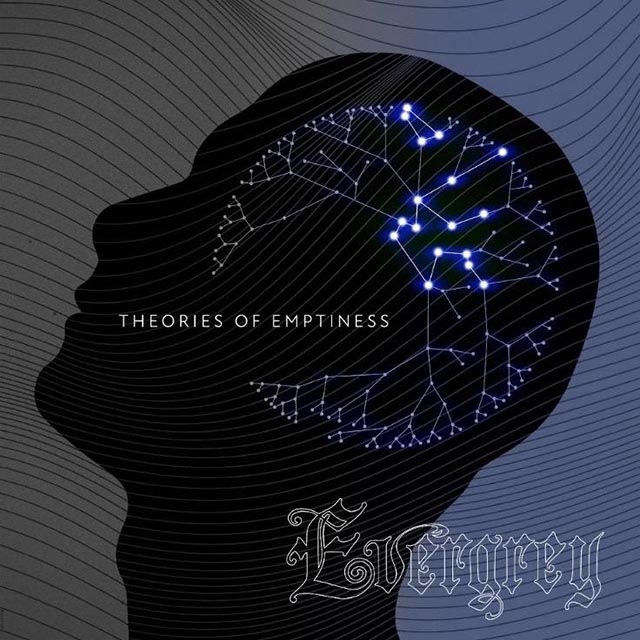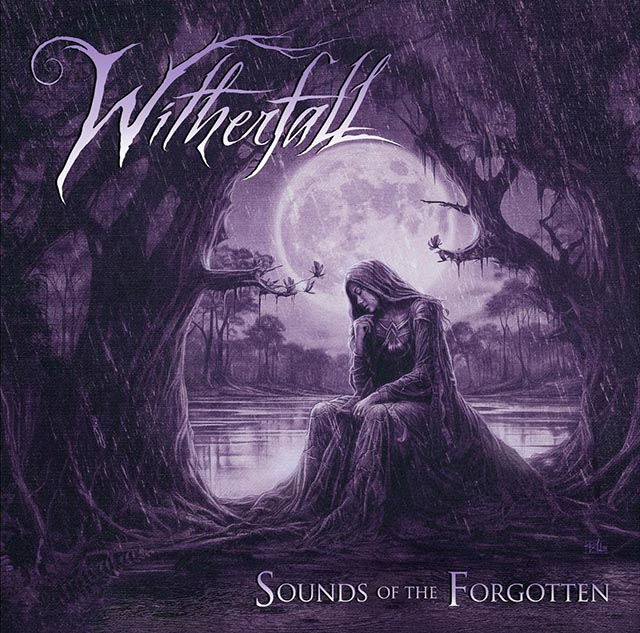Uncle Acid & The Deadbeats have upped their game with their most ambitious album to date, Nell Ora Blu, which arrived on May 10th via Rise Above Records. Inspired by dark Italian Giallo films, Kevin Starrs has created one innovative horror film soundtrack for a film that doesn’t exist while blending dialogue from Italian film stars. Metal Insider caught up with Starrs to go in-depth behind the new album. What inspired the concept behind the new album, Nell’ Ora Blu? In terms of the story, it’s mostly based on things that I’ve read about that have annoyed me. That’s pretty much how it always starts. I’ll then cover it all over with a fictional story based in another time and place.
What was the writing process like for the new album and setting it in 1970 Italy?
Once I had a general story, I came up with the dialogue pretty quickly. With the music there was a lot of improvising on different instruments, but everything came quite naturally. Even the full songs with lyrics seemed to come instantly, as if they wrote themselves. It never usually happens like that. ‘Solo la morte ti ammanetta’ has some of my favorite lyrics and it all flowed out, one line after the other. It was weird. In terms of setting it in Italy, I’m not really sure where the idea came from. Just seemed to make sense to me.
How did the dark magic of Italy’s Giallo film movement influence the new album?
The general story lines and characters that you get in those films were an inspiration. There’s a level of mystery in the album, especially if you don’t understand Italian. However, when you read the translation that comes with the album, theres no mystery as to who the killer is. You’re reading and hearing the execution of a plan thats coming together. The stalking, cold calls, harassment and then final payback. I wanted to drag the audience into the story so the constant sound of phones ringing, the repetition of certain words and noises…it means not only is our character getting harassed, but we’re harassing the listener too. Grinding them down.
What challenges did you face during the recording process?
I played most of the instruments myself, which was obviously a challenge. Vaughn also sent over some great recordings that he had done on tape which I worked on a bit. It all went pretty smooth.
How did the involvement of actors like Franco Nero and Edwige Fenech impact the album’s creation?
It gives the project some legitimacy with the era that it’s set in. The fact that they were willing to participate in something totally different, meant a lot to me. Franco was the first to get involved and that definitely helped with attracting other actors. He was into the idea, I think mostly because it was something new to him. I told him it was a bit of a risk for me as I had never done anything like this either. He said he was glad to hear that and that it’s always good for artists to take risks from time to time, so I knew I was on the right path!
Can you share more about the exclusive dialogue from Italian film legends featured on the album?
I wrote the dialogue and had the actors perform it. I’ve seen this being described as a soundtrack to a film that doesn’t exist. That is not what this is. This is a score to a story that I wrote and hired actors to perform. It’s it’s own, living thing; a script, dialogue, foley, sound effects and music. You can call it an ‘audio film’ if you want, but whatever it is, it does exist! We recorded the actors all in isolation, so it couldn’t have been easy for them to read their lines without another actor to bounce off. With Franco and Giovanni, I recorded them myself over the phone so I could provide direction. On a couple of occasions I would ask Franco to get more angry or tell Giovanni to deliver the line in a slightly different way. They were both open to suggestions and all the actors did a great job. With the others, I provided written direction for what I needed. They’ve all been working professionally for decades so I felt I could trust them.
What prompted the decision to create such an ambitious cinematic concept for the new album?
I wanted something a bit different and more immersive. This seemed like the natural thing to do this time. I didn’t really think much about it. I know a lot of people will really struggle with this, but that’s ok. This sort of thing isn’t for everyone, but you could say that about any of our albums. If you really go for it, you have to expect push back as some people just don’t want to be challenged. Even people who claim to be alternative, a lot of them are just mainstream thinkers in a different lane. Especially now with playlists, algorithms and short attention spans. Some people don’t experience things outside their specific tastes anymore. They stay in their safe spaces and want to be drip fed the same thing over and over again. This is the equivalent of kicking in their windscreens, tying them up and forcing them into the boot of your car for 80 minutes.
What aspects of classic Italian horror films do you find most captivating, and why do you think this golden era of horror remains unparalleled in today’s cinema?
I like the low brow stories, the creative camera work, the vivid colours, the practical effects. The list is endless. Also, the use of film just looks a lot better to me than digital. I don’t like CGI either.
What’s next for Uncle Acid & The Deadbeats?
Hopefully we’ll do a handful of shows in Europe, playing the album all the way through. It’s been a bit of a challenge finding suitable, all seated venues, but I’m sure we’ll get there. After that, we’ll get on with recording the next album.
Is there anything else you’d like to say or add about the album?
It’s not an album for every occasion. Keep an open mind though. Listen to it on a cold, wet November night and your perspective might change.
Feature Image Photo Credit: Karin Hunt

